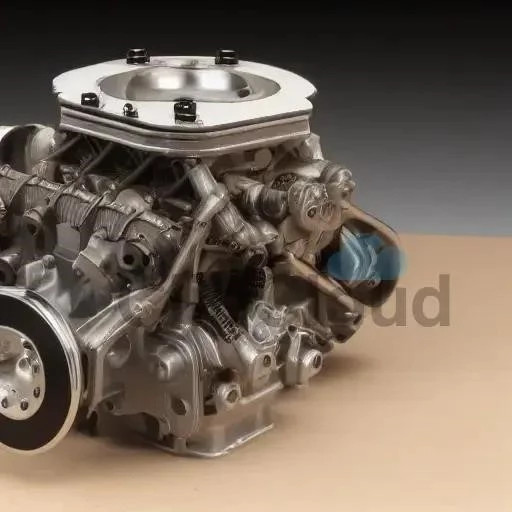The dreaded sound of a car engine turns over slowly can fill any driver with dread‚ signaling potential mechanical woes and inconvenient delays. This frustrating issue often points to a problem within the intricate system responsible for starting your vehicle. Before you resign yourself to a costly repair bill‚ understanding the potential causes of why your car engine turns over slowly and exploring possible solutions can save you time‚ money‚ and unnecessary stress. Let’s unravel the mysteries behind this common automotive complaint and equip you with the knowledge to address it effectively.
Understanding the Basics: What Happens When You Start Your Car?
To diagnose why your engine is struggling to start‚ it’s helpful to understand the fundamental process of engine ignition. When you turn the key (or press the start button)‚ several components work in concert:
- Battery: Provides the initial electrical power to crank the engine.
- Starter Motor: Uses the battery’s power to turn the engine’s flywheel‚ initiating the combustion process.
- Solenoid: A small electrical switch that engages the starter motor with the flywheel.
- Ignition System: Provides the spark needed to ignite the air-fuel mixture in the cylinders.
A problem in any of these areas can contribute to a slow-turning engine.
Common Culprits Behind a Slow Turnover
Several factors can contribute to a car engine’s sluggish start. Let’s examine the most common suspects:
Weak or Dying Battery
This is often the most frequent cause. A battery loses its ability to hold a charge over time‚ especially in extreme temperatures. A weak battery might have enough power to illuminate the dashboard lights but lack the amperage to crank the engine effectively. Get your battery tested professionally to determine its health.
Corroded Battery Terminals
Corrosion on the battery terminals creates resistance‚ hindering the flow of electricity. Visually inspect the terminals for a white or bluish-green buildup. Clean them thoroughly with a wire brush and baking soda solution.
Faulty Starter Motor
The starter motor itself can wear out over time. Its internal components might become damaged or weakened‚ leading to a slow or failed start. A mechanic can diagnose a faulty starter using specialized testing equipment.
Loose or Corroded Cables
The cables connecting the battery to the starter and ground can become loose or corroded‚ impeding the electrical current. Inspect these cables for damage and ensure they are securely connected.
Engine Issues
Less frequently‚ internal engine problems‚ such as thick‚ sludgy oil or excessive engine friction‚ can make the engine harder to turn over.
Troubleshooting Steps You Can Take
Before heading to a mechanic‚ consider these basic troubleshooting steps:
- Check Battery Connections: Ensure the battery terminals are clean and securely tightened.
- Jump Start: If you suspect a weak battery‚ try jump-starting the car. If it starts easily with a jump‚ the battery is likely the issue.
- Listen for Clicks: If you hear clicking sounds when you try to start the car‚ it could indicate a faulty solenoid or a very weak battery.
Comparative Analysis: Battery Types
Here’s a simple comparison of two common car battery types:
| Feature | Lead-Acid Battery | AGM (Absorbent Glass Mat) Battery |
|---|---|---|
| Cost | Lower | Higher |
| Lifespan | Shorter | Longer |
| Maintenance | Requires occasional topping off with distilled water | Maintenance-free |
| Performance in Cold Weather | Generally good | Excellent |
Choosing the right battery for your vehicle and climate is crucial for reliable starting performance.
Ultimately‚ if your car engine turns over slowly and you’ve exhausted the basic troubleshooting steps‚ it’s best to consult a qualified mechanic. They have the expertise and equipment to accurately diagnose the problem and recommend the appropriate repairs.

